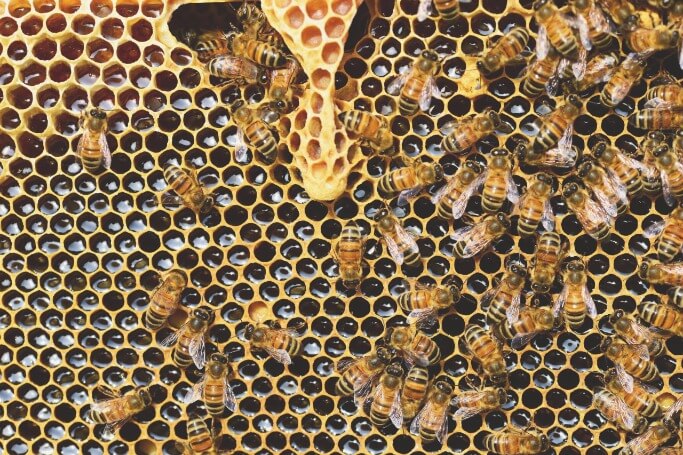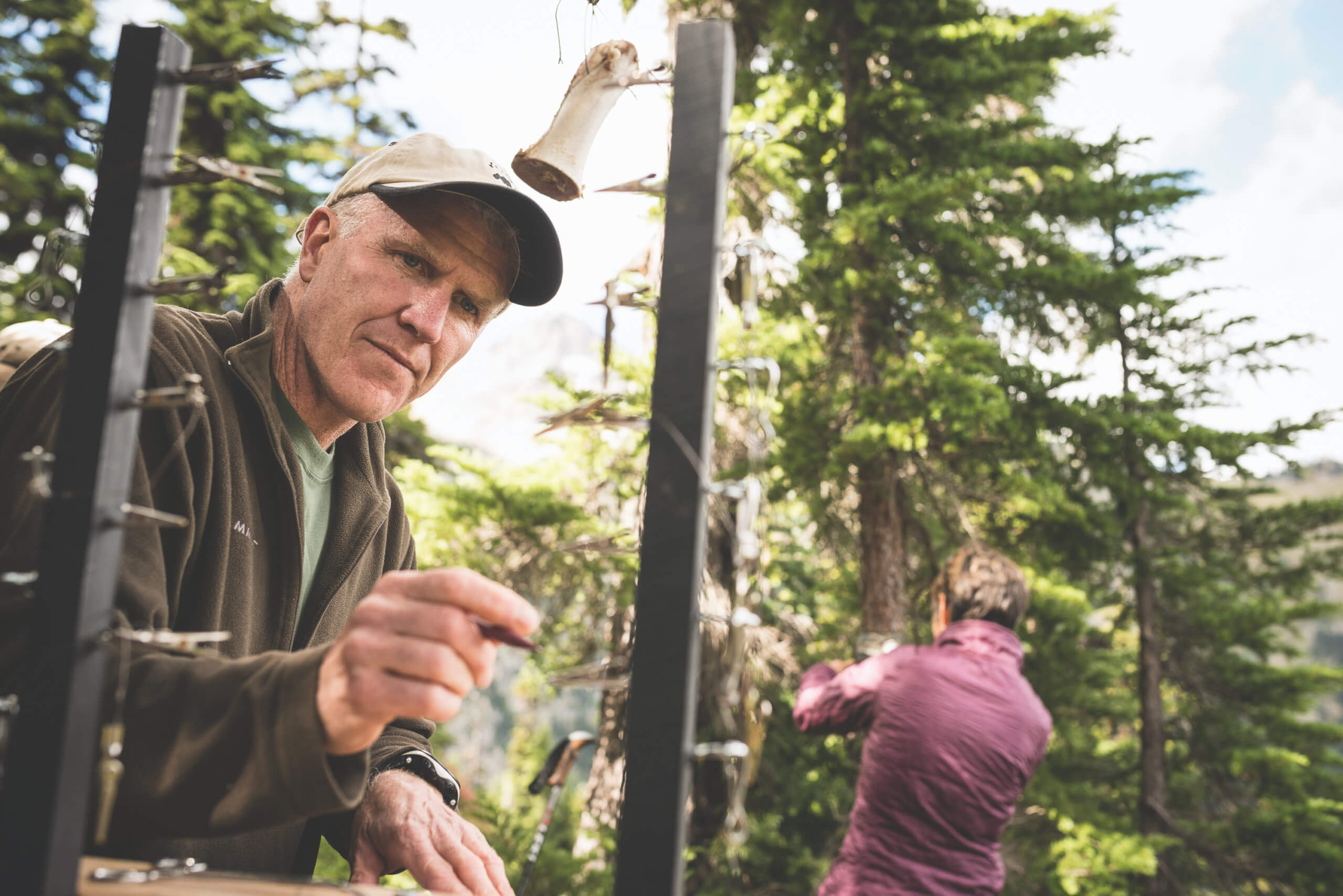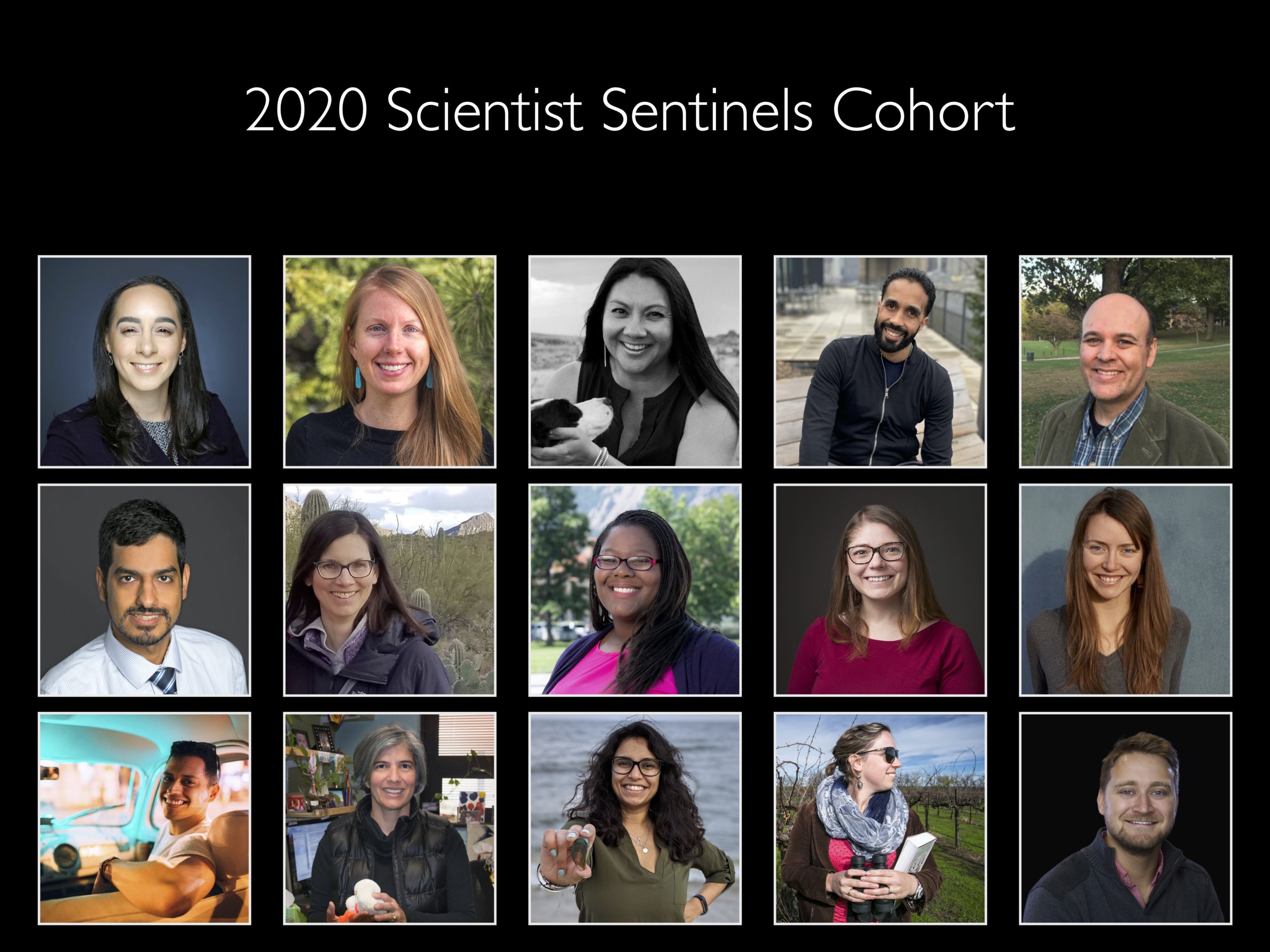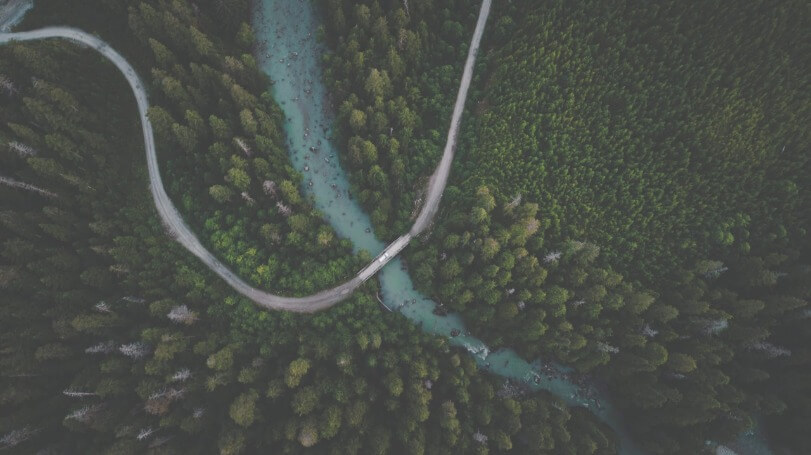At last week’s Sackler Colloquium at the National Academy of Sciences, while absorbing the latest research on the science of science communication, I pondered how rapidly the world is changing – and how much COMPASS trainings have also changed to address the urgent challenges of today.
COMPASS workshops teach communication tools: the simple but powerful Message Box, the elements of story telling, the importance of knowing your audience, speaking from the heart, and finding common ground.
But the purpose of COMPASS’ scientist trainings is to do much more. We know how strong communication skills are linked to leadership. Over the years, I have watched nervous but determined scientists take on the challenges inherent in engaging with the public and policy makers. I’ve seen how, despite some ups and downs and occasional backlash, they move into positions of influence and impact – and bring others along with them.
We work with environmental scientists to reinvigorate their personal sense of purpose. They learn to set a personal goal to help make a change in the world – with coaching by outstanding trainers – and form networks of support and influence with their peers.
Our workshops include journalists from leading media organizations as well as decision makers, and those with deep policy experience. Highly interactive, they are built on what scientists are already experts at: peer review. We deploy their analytical abilities to apply feedback, catalyze rapid learning, develop new skills and improve those they already have.
Yet our work is not only about helping individual scientists develop communication chops. It’s about helping entire communities of scientists to up their game – and to address the tough questions society has about how and why the world is changing and what we might do to put it on a more sustainable path.
We help environmental scientists do better science by communicating across disciplines, launching into new spheres of influence, and creating enduring networks that can build on each others expertise. By cultivating support networks of scientists who encourage each other to step forward in public discourse, COMPASS is helping transform the culture of science, from inward-looking to outward-looking engagement.
Over the years, we have co-designed a number of new fellowship programs that create and support a wide range of environmental scientists. We’ve learned that a generous scientist leader with a fire in their belly to change the world is the number one predictor of success.
So we look for those key partners. For example, since 2010 we have collaborated with Antarctic researcher Dr. Diana Wall, director of the School for Global Environmental Sustainability (SoGES) at Colorado State, to kick off the year long SoGES Sustainability Leadership Fellows for PhD’s and Postdocs. And we’ve worked with Dr. Daniel Conley, a member of the Swedish Academy of Science and professor at Lund University, to co-create the Vega Communication & Leadership Fellows for environmental scientists in the Baltic since 2011. Despite the demands of funding and their time, Diana and Daniel are invested in the future of other environmental leaders to build these fellowship programs that provide inspiration, motivation, and results.
In 2015 COMPASS partnered with Dr. Amanda Stanley at Wilburforce Foundation to develop a fellowship program for conservation scientists (the very same Amanda who is now our Executive Director). This intensive year-long leadership program cultivates the inner resources that conservation scientists especially need to create lasting change (such as emotional awareness and resilience), and builds life-long communities of support as they work to protect the lands, waters, and wildlife that they love.
We also work with up-and-coming scientist leaders who recognize that communication and engagement are central to building successful research teams. Recently COMPASS spent several days at University of Colorado, Boulder with fire scientist Dr. Jennifer Balch. Jennifer competed for and won funding to create a data synthesis center called Grand Challenge Earthlab to better understand and predict earth system changes and to reduce risks.
Her vision is to build a team of new collaborators into a networked community of expertise and support. COMPASS was privileged to help kick off the effort with a multi-day communication workshop to improve communication across disciplines and more rapidly push the boundaries of what we know, leading to better science and informed solutions.
These forward-thinking scientists are providing communication workshops for their colleagues not only to better equip them to communicate their work, but to embolden them to take on the ever-greater challenges facing nature and our society. We’ve learned that science communication training is critically important but insufficient in itself.
When scientists work together and support each other in engaging in society’s conversation, we see collaborations, transformations, and impact that would have been hard to imagine at the start.
That’s the power of community.



